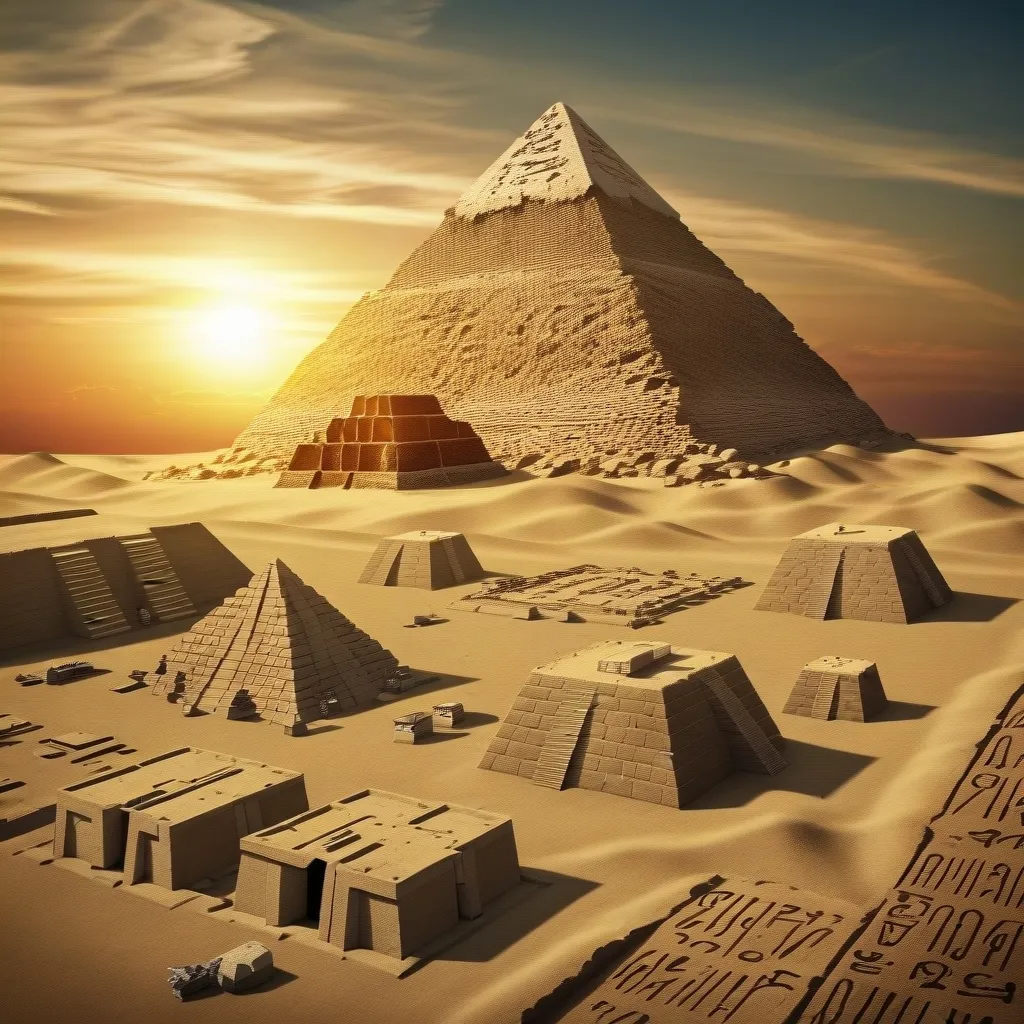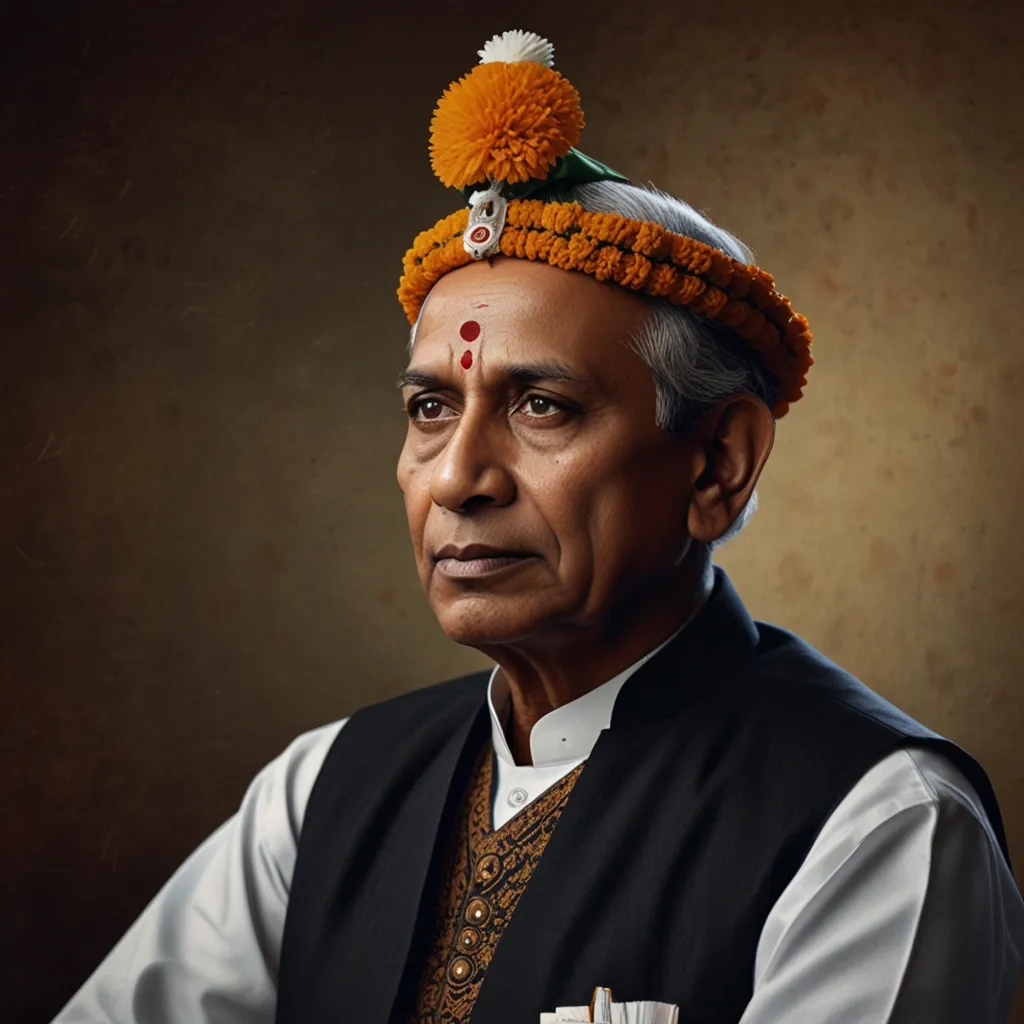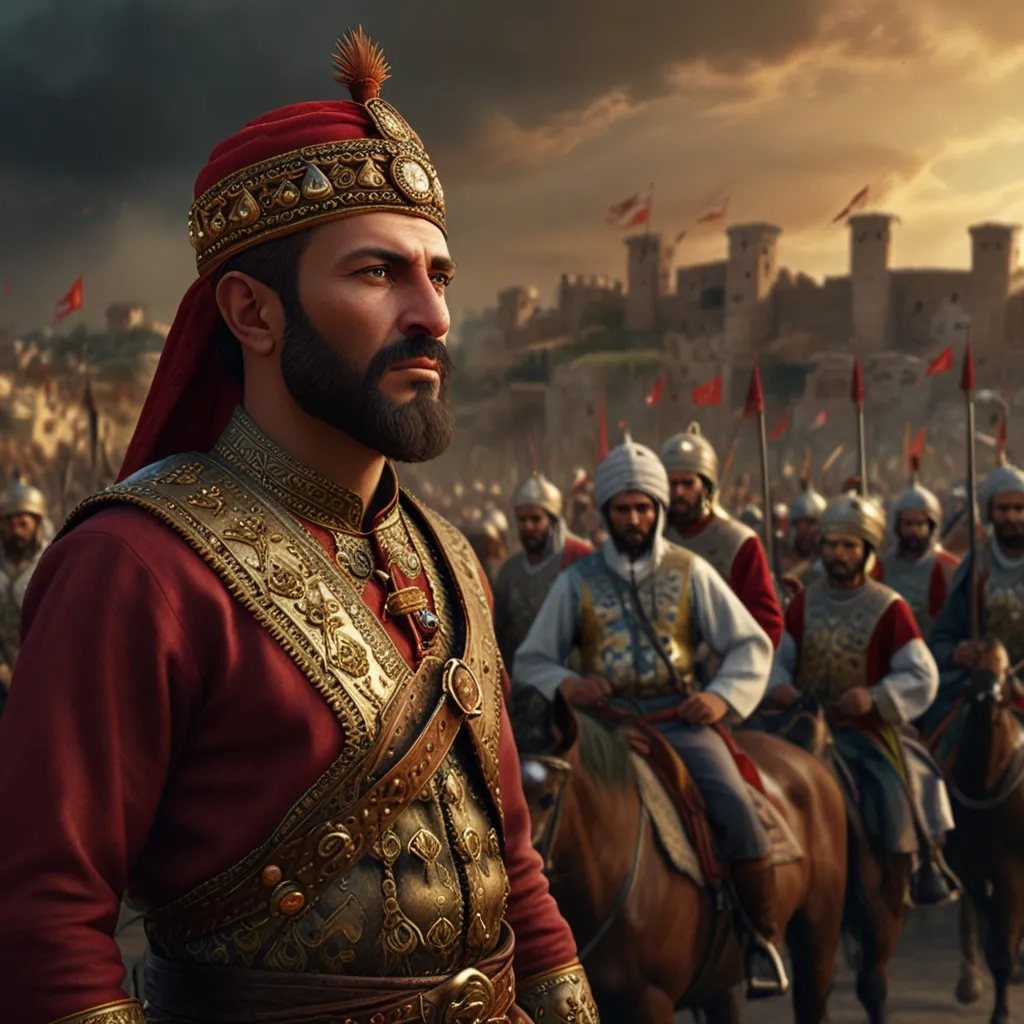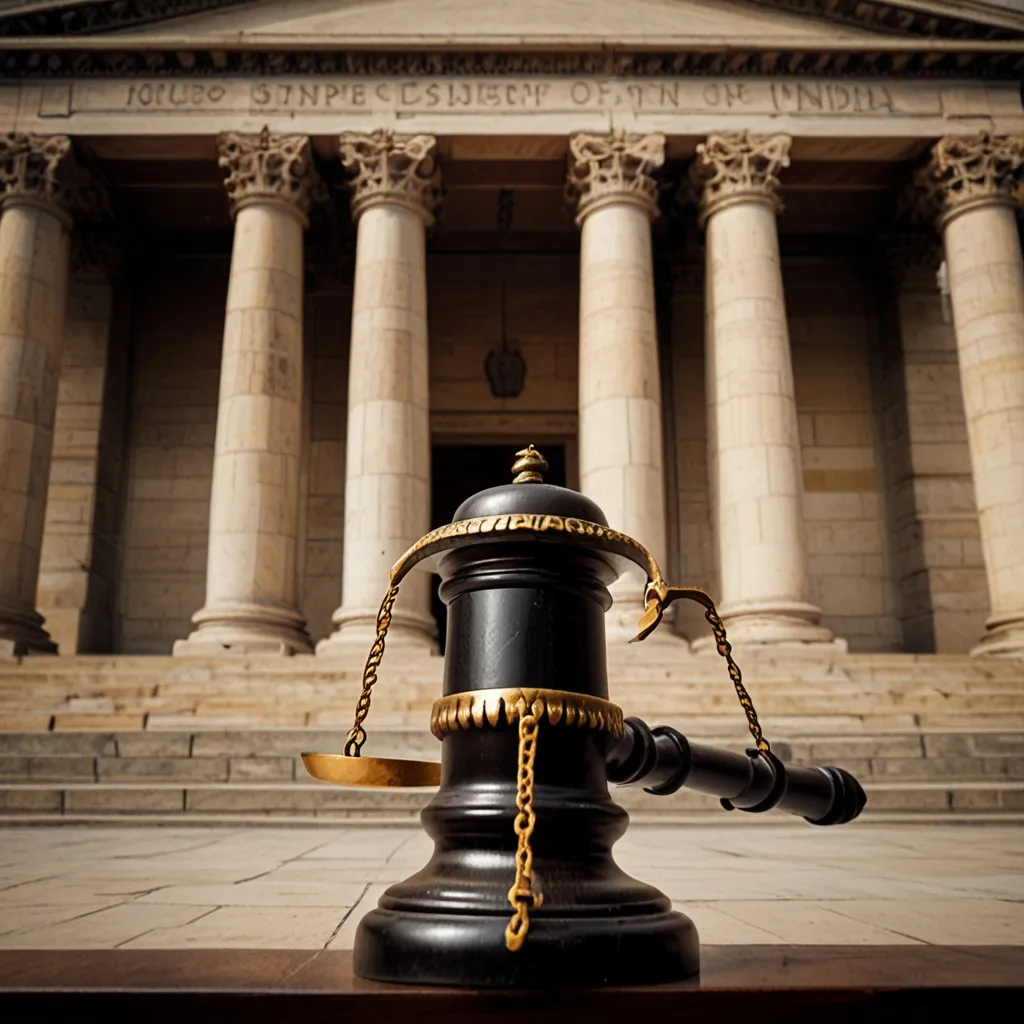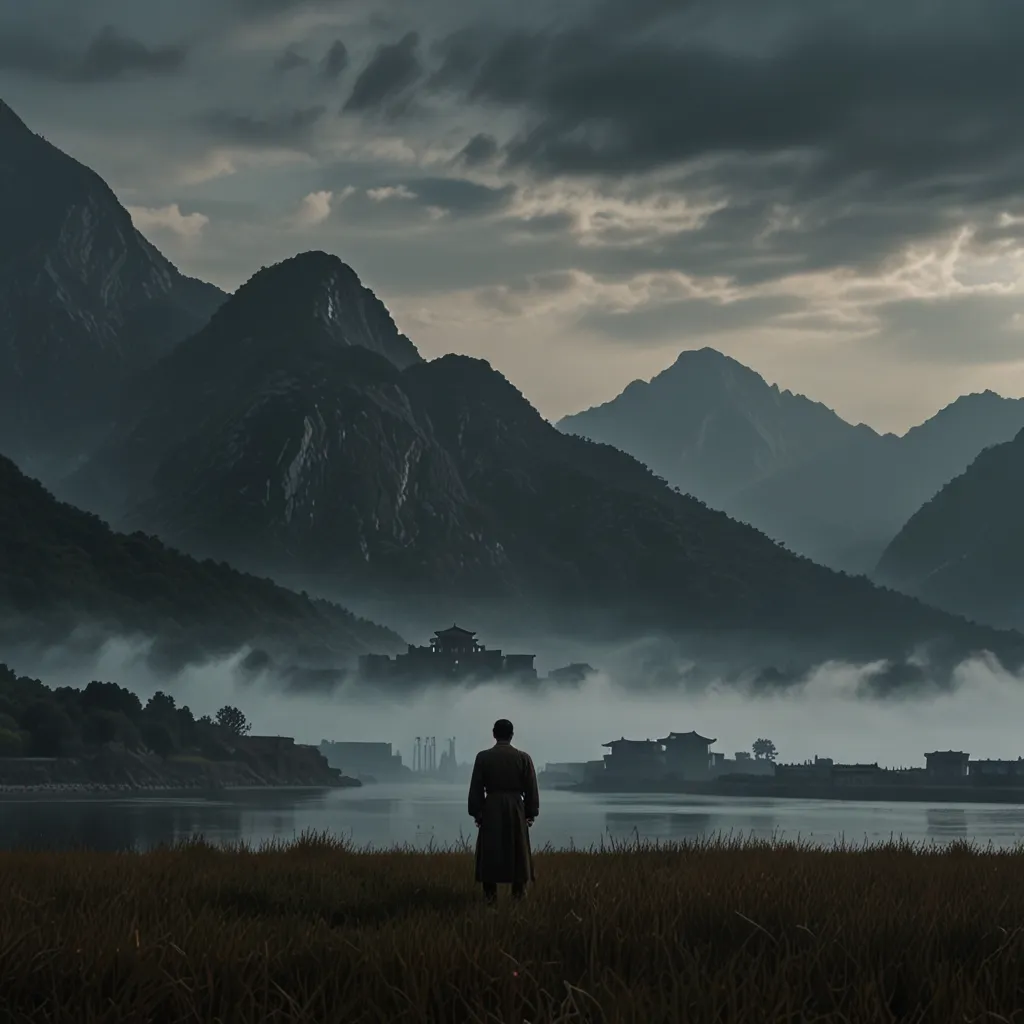The 2016 Summer Olympics, also known as the Games of the XXXI Olympiad, were held in Rio de Janeiro, Brazil. This was a historic moment for the Olympics, as it marked the first time the Summer Games were hosted in South America. The announcement that Rio would host the Games was made by the International Olympic Committee (IOC) in October 2009, and it was a cause for celebration among the city’s residents.
Rio’s bid to host the Olympics was successful for several reasons. One major factor was the promise to clean up the city’s waterways, which had become severely polluted over the years. The city’s officials hoped that the Olympics would bring about significant improvements to the environment, particularly in the Guanabara Bay, where sailing and windsurfing events were to be held. The bay had become notorious for its pollution, filled with raw sewage and garbage, posing serious health risks to athletes.
Despite the challenges, the Rio Olympics were a groundbreaking event. They featured a record number of participating national Olympic committees and athletes. The Games also introduced new sports like golf and rugby sevens, and for the first time, a Refugee Team participated, consisting of athletes from various war-torn countries.
The buildup to the Games was not without its problems. Rio faced significant issues such as massive cost overruns, construction delays, and concerns about crime and public safety. The Zika virus outbreak also led to the withdrawal of several prominent athletes. However, despite these challenges, the Games started on time and ran relatively smoothly.
The Rio Olympics were a major success in terms of global visibility and audience engagement. They were the most consumed Olympic Games in history, with millions of people watching the events on television and digital platforms. The Games also set new records for social media engagement and broadcast coverage.
One of the lasting legacies of the Rio Olympics is the infrastructure and development that the city underwent. New transport systems were built, and parts of the city were revitalized. Some of the venues used during the Games were converted into schools and other public facilities, benefiting the local community.
The Rio Olympics also saw incredible sporting achievements. Athletes like Michael Phelps and Usain Bolt continued to make history, breaking records and winning medals. The Games were a celebration of sportsmanship and human spirit, inspiring millions around the world.
In conclusion, the 2016 Summer Olympics in Rio de Janeiro were a significant event in the history of the Games. Despite the challenges faced, the city managed to host a successful and memorable event, leaving behind a lasting legacy for its residents and the world of sports.

